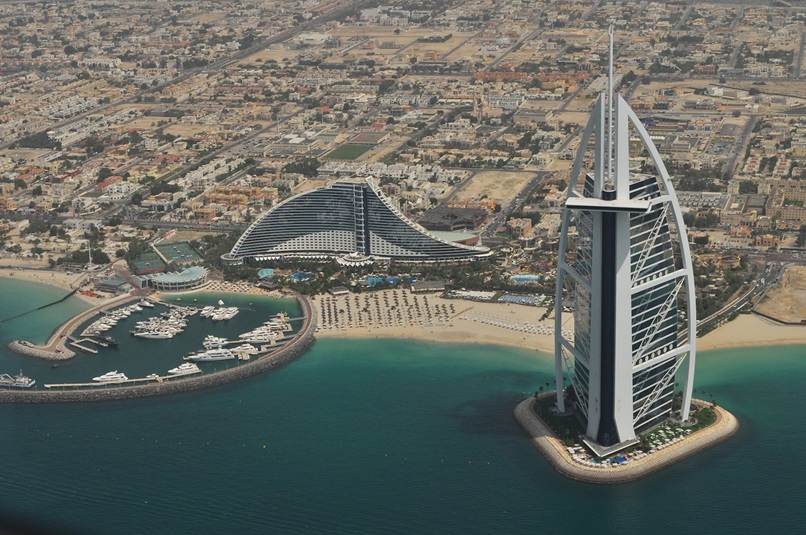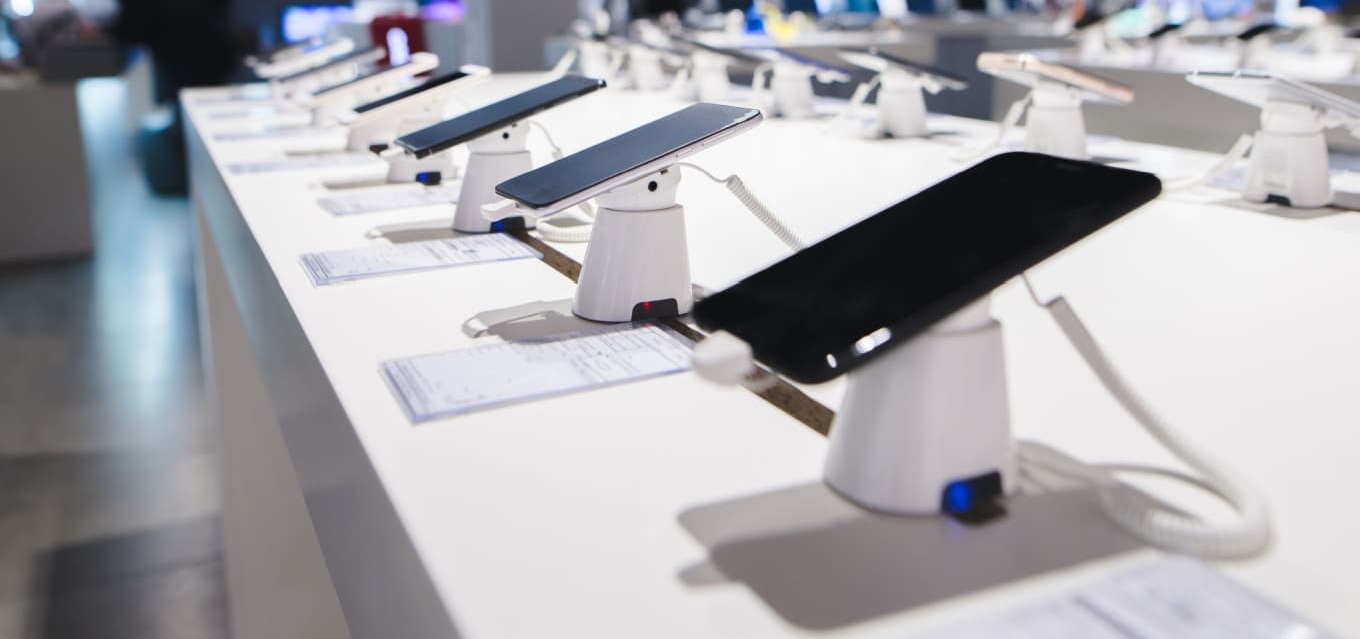Space Tourism: The Ultimate Luxury Adventure Beyond Earth
Tuesday, 18 March 2025
The idea of space travel was once confined to the realm of science fiction. But today, it’s quickly becoming a reality, with a growing market catering to high-net-worth individuals seeking the ultimate luxury experience. Here’s a deep dive into the booming space tourism industry and how Dubai-based companies, along with global players like Blue Origin and Virgin Galactic, are shaping its future.
Table of Contents
- The Rise of Space Tourism
- Suborbital vs. Orbital Travel – What’s the Difference?
- The Key Players in Space Tourism
- Dubai’s Role in Space Tourism
- Who’s Ready to Take Off? The Future Buyers of Space Tourism
- The Future of Space Tourism
- Frequently asked questions
The Rise of Space Tourism
- Space tourism is set to be a $3 billion industry by 2030, with both suborbital and orbital flights gaining traction.
- Companies like SpaceX, Virgin Galactic, and Blue Origin are leading the charge, offering distinct experiences at varying costs.
- Dubai, a hub for luxury travel, is showing keen interest in space tourism, with potential investment and partnerships on the horizon.
Suborbital vs. Orbital Travel – What’s the Difference?
- Suborbital Flights: Reach about 100 km above Earth’s surface, offering a few minutes of weightlessness before descending.
- Orbital Flights: Travel beyond 400 km, allowing tourists to experience space for several days or even weeks.
The Key Players in Space Tourism
1. Virgin Galactic (Suborbital Travel)

- Uses SpaceShipTwo, a reusable spaceplane launched from a carrier aircraft.
- Passengers experience a brief but exhilarating zero-gravity moment before gliding back to Earth.
- Ticket price: $200,000–$250,000 (expected to rise for initial commercial flights).
- Flights take off from New Mexico, with Dubai showing interest in potential future collaborations.
2. Blue Origin (Suborbital Travel)

- Uses New Shepard, a vertical-launch rocket with a detachable capsule.
- Passengers enjoy a few minutes in microgravity before descending via parachutes.
- Ticket prices not officially disclosed but expected to match Virgin Galactic.
- No commercial flights yet, but multiple test flights have been successfully completed.
3. SpaceX (Orbital Travel)

- Uses Falcon 9 and Crew Dragon, capable of carrying private tourists to the International Space Station (ISS).
- Unlike suborbital flights, these missions last up to 10 days.
- Cost: Estimated at $50 million per person, plus a $35,000-per-night ISS stay.
- Future plans include Starship, aiming to carry 100+ passengers for deep-space tourism.
4. Boeing’s Starliner (Orbital Travel – Future)

- Designed to carry seven passengers, with one seat available for private tourists.
- Expected to be an alternative to SpaceX for orbital tourism.
Dubai’s Role in Space Tourism

- Dubai, known for its futuristic projects and luxury experiences, is keen on investing in the space tourism market.
- The UAE has its own space ambitions, including the Mars 2117 project and astronaut programs.
- Potential partnerships with Virgin Galactic and Blue Origin could bring space tourism experiences to Dubai-based customers.
- The Mohammed Bin Rashid Space Centre (MBRSC) and the UAE’s growing space sector could play a vital role in expanding the market.
Who’s Ready to Take Off? The Future Buyers of Space Tourism
- The target market includes ultra-high-net-worth individuals willing to pay for exclusive experiences.
- Studies suggest over 2.4 million individuals with a net worth above $5 million are potential customers for suborbital flights.
- As costs decrease, space tourism could open up to a broader audience, making it the next big thing in luxury travel.
The Future of Space Tourism
- Expect an increase in commercial flights as companies complete testing phases.
- With advancements in technology, costs are expected to decline, making space tourism more accessible.
- Future possibilities include space hotels, lunar tourism, and even interplanetary travel.
- Dubai may emerge as a key player in hosting pre-flight training centers or even launch sites.
Space tourism is no longer a distant dream—it’s happening now. With companies like Virgin Galactic and Blue Origin paving the way, and SpaceX pushing the boundaries of orbital travel, luxury travellers have a new frontier to explore. Dubai, always at the forefront of innovation, is likely to play a significant role in making space tourism more mainstream. The sky is no longer the limit!
Frequently Asked Questions (FAQs)
Which companies offer space tourism?
- Virgin Galactic & Blue Origin (suborbital)
- SpaceX & Boeing Starliner (orbital)
Where do flights launch from?
- Virgin Galactic: New Mexico
- Blue Origin: Texas
- SpaceX & Boeing: Florida
What’s the difference between suborbital & orbital flights?
- Suborbital: Brief weightlessness, under 100 km altitude
- Orbital: Multi-day experience, 400+ km altitude
Can Dubai play a role in space tourism?
Yes! Dubai is investing in space tech and could host training centers or future launch sites.
What’s next for space tourism?
Lower prices, space hotels, moon trips, and even Mars exploration!





